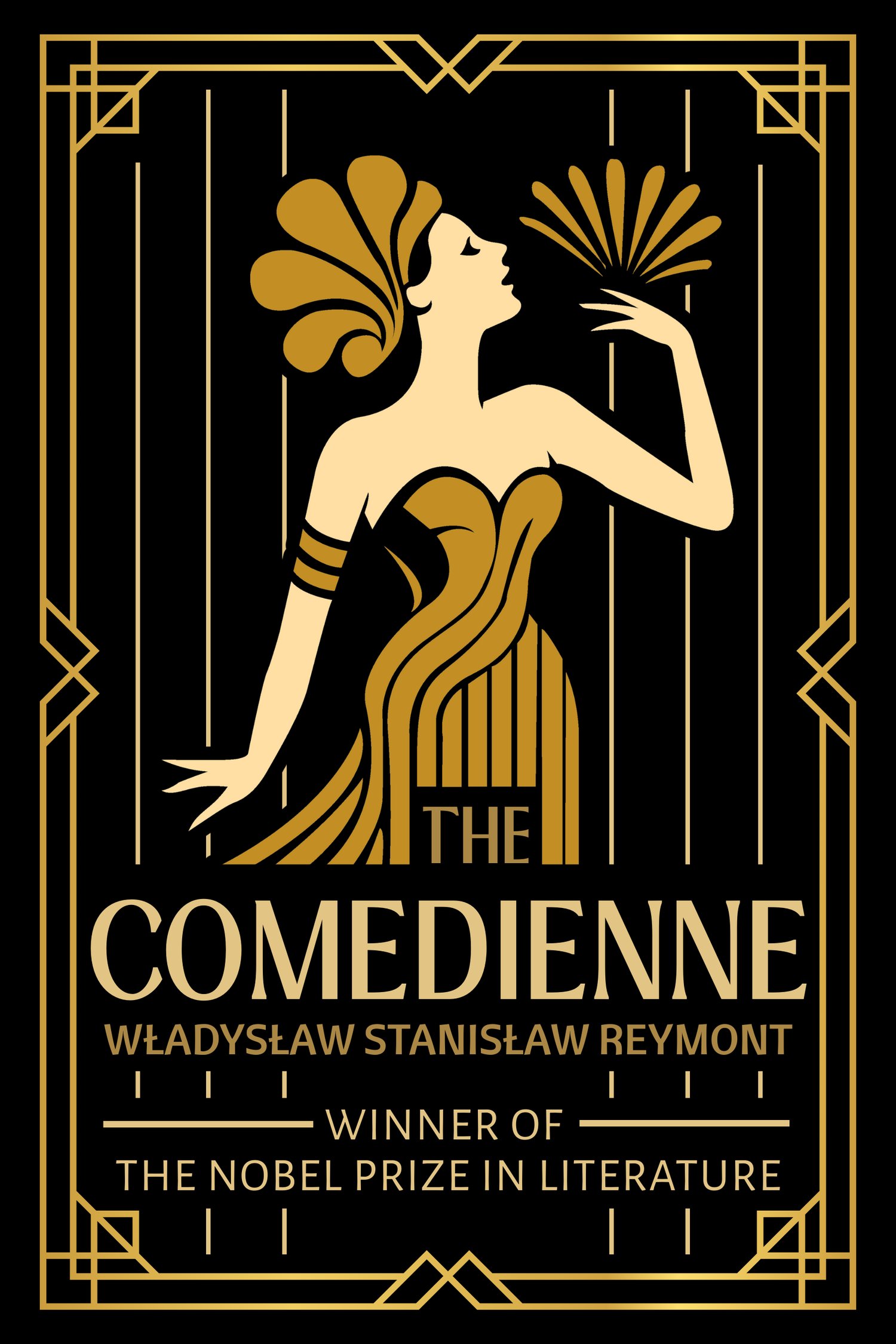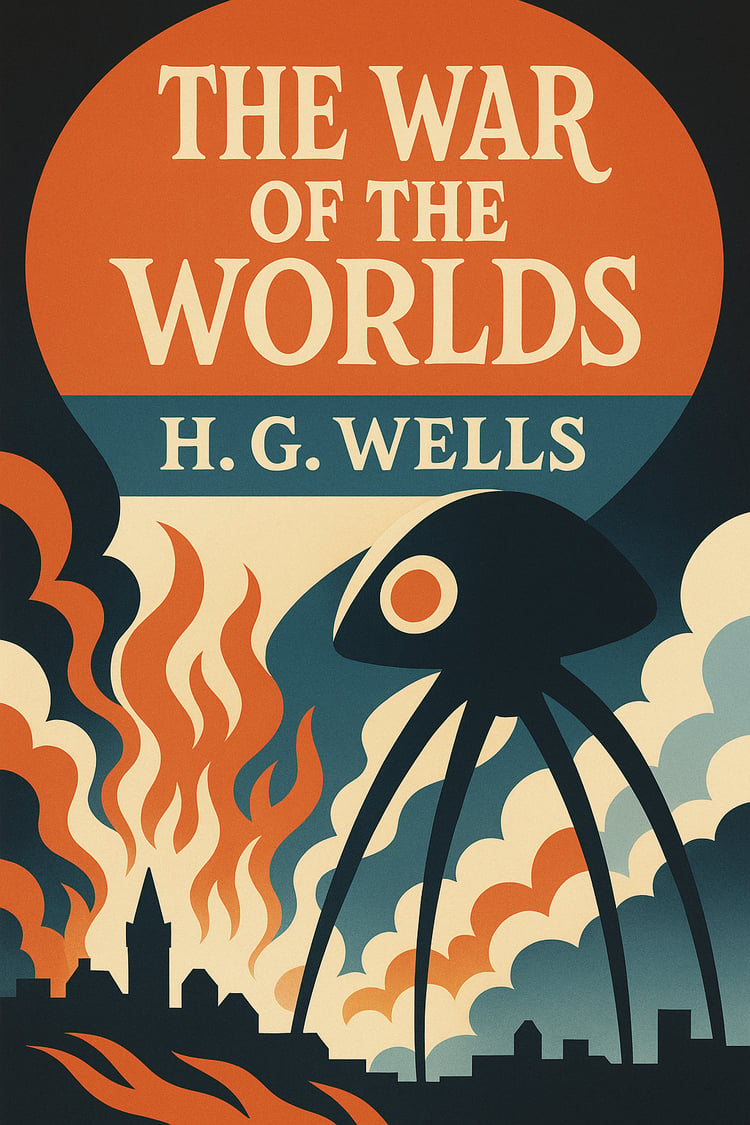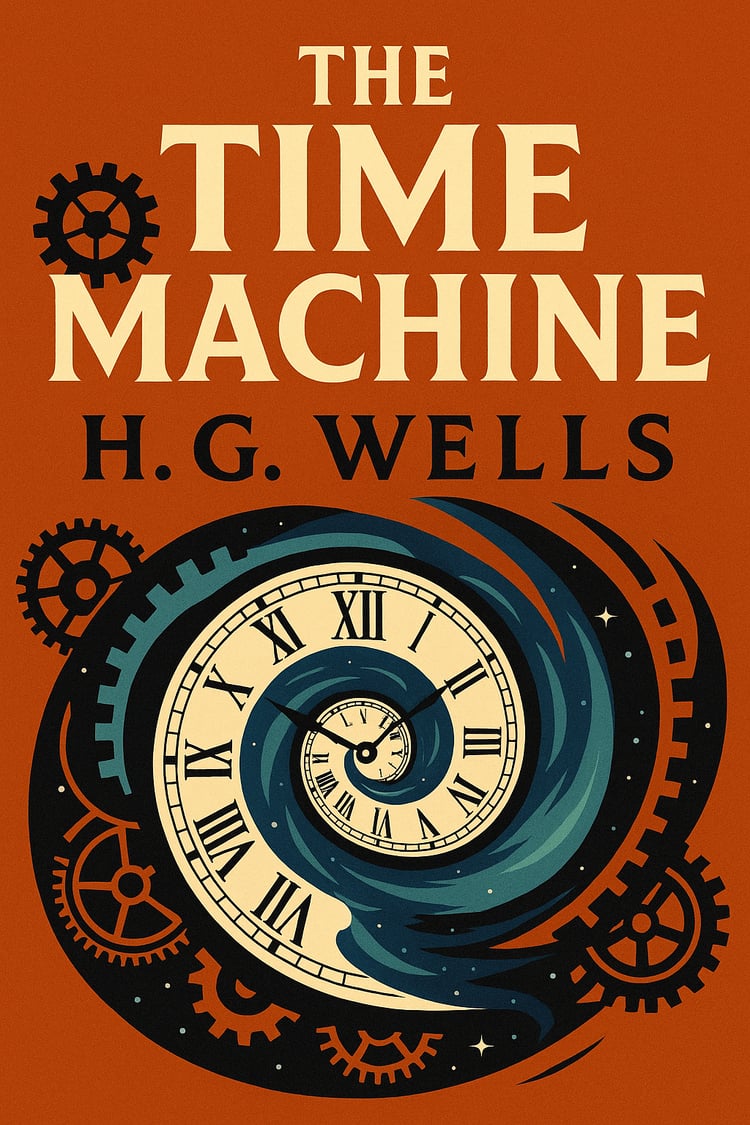
The Comedienne
In The Comedienne (1896), Władysław Reymont crafts a gripping tale of artistic ambition and harsh disillusionment set against the vibrant yet cutthroat world of Polish theater. The novel follows Janina Orłowska, a young woman who flees her provincial life to pursue stardom, only to discover that the stage is as merciless as it is magical. Reymont—drawing from his own experiences with traveling theater troupes—exposes the grime beneath the greasepaint, where rivalries burn as bright as the stage lights and every applause hides a dozen silent struggles.
What begins as an inspiring journey of self-discovery soon morphs into a brutal coming-of-age story. Janina's idealism collides with the theater's unspoken rules: aging actresses clinging to fading glory, predatory directors demanding more than talent, and audiences that worship today’s star only to forget them tomorrow. Reymont’s razor-sharp observations turn each performance into a double drama—the scripted play and the real-life betrayals unfolding backstage—with Janina forced to decide what she’s willing to sacrifice for a dream that may never love her back.
More than a century after its publication, The Comedienne remains shockingly relevant, a timeless exploration of art’s cruel paradox: it demands everything but guarantees nothing. Reymont’s unflinching portrayal of creative ambition makes this not just a cornerstone of Polish realism, but a universal story for anyone who’s ever risked everything for their passion. For fans of The Red and the Black or Sister Carrie, this is a masterclass in psychological depth—a novel that asks if the spotlight is worth the shadows it casts.
About the author
Władysław Reymont (1867–1925) was a Polish novelist and Nobel laureate, best known for his epic The Peasants (1904–1909), which earned him the Nobel Prize in Literature in 1924. A master of realism, Reymont drew from his own experiences—including work as a railway clerk, actor, and traveler—to craft vivid, socially incisive narratives. The Comedienne (1896), inspired by his time with theater troupes, showcases his sharp critique of ambition and societal constraints. His works remain celebrated for their psychological depth and unflinching portrayal of human struggles.











